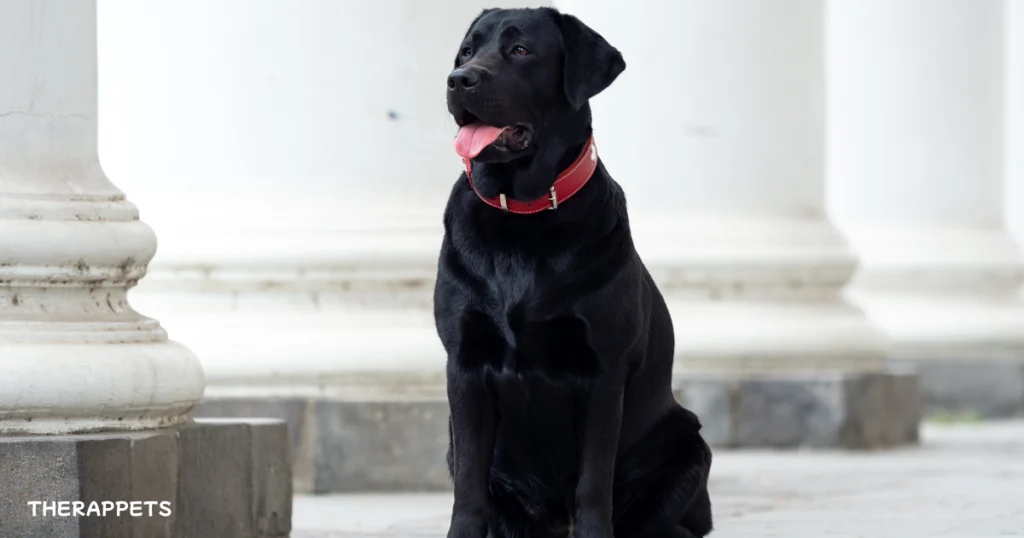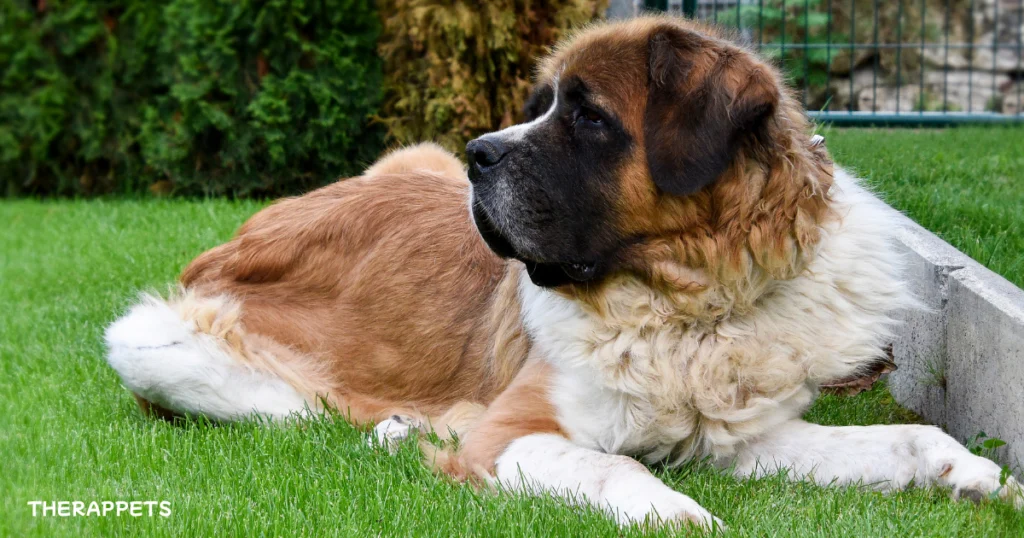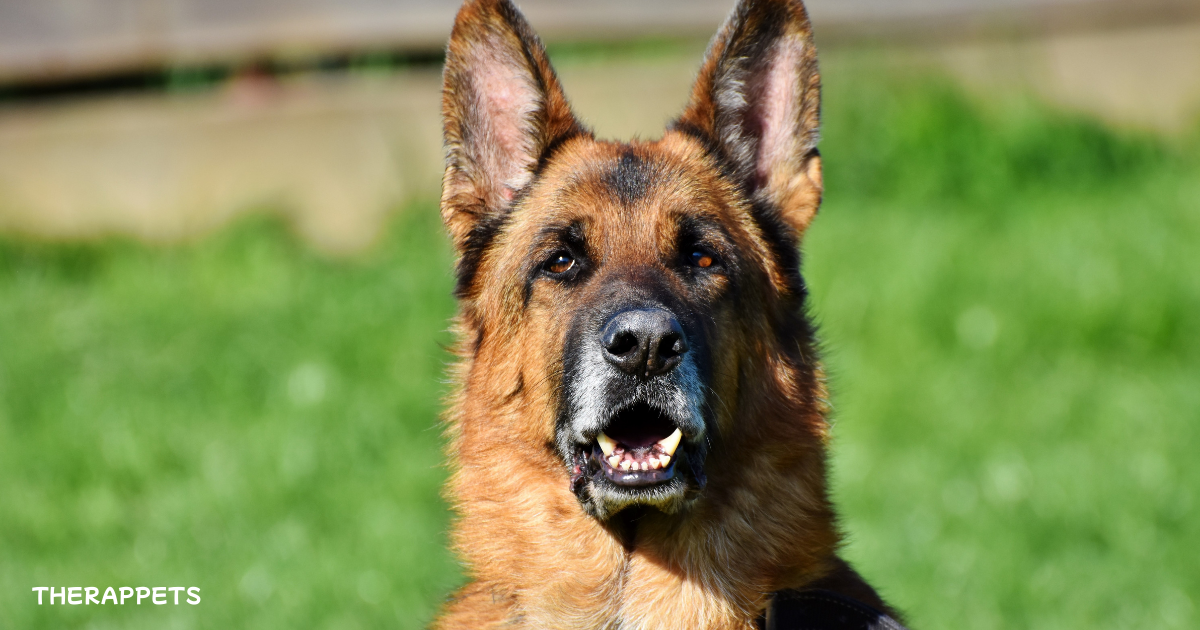When people ask, "Are all big dogs aggressive?" it reflects a common stereotype that often leads to fear and misunderstanding. Large breeds like Rottweilers, Dobermans, or even Great Danes are frequently labeled as dangerous without considering their unique temperaments. But is there any truth to this assumption? This post delves into the origins of this myth, backed by science and real-life stories, to uncover the surprising truth about large dog breeds.
Why Do People Believe Big Dogs Are Aggressive?
Historically, the image of big dogs as guard animals or attack dogs has contributed to their unfair reputation. Movies and media have amplified these misconceptions, often portraying larger breeds as fierce or unapproachable. But is size an indicator of behavior?
Explore the role of temperament in dogs in our post about Service Dogs for Veterans with PTSD.
Are All Big Dogs Aggressive? What Science Says
Research suggests that aggression in dogs is not determined by size but by factors such as training, socialization, and genetics. Large breeds often exhibit calm and nurturing behavior when raised in a positive environment. For instance, Great Danes are affectionately known as "gentle giants" for their patient and friendly nature.
For more insights Check out Best Therapy Dog Breeds for Support.
Famous Large Breeds That Break Stereotypes
Labrador: Often mistaken for aggressive due to his size

Saint Bernard: These dogs are gentle and incredibly loyal.

These heartwarming stories remind us that large breeds can be both gentle and brave, breaking the stereotype of aggression.
Discover how animals like Bella help with anxiety in our post on Therapy Animals for Social Anxiety Treatment.
How to Understand Large Dog Breeds
If you’re considering adopting a large dog, here are some tips:
- Research the Breed: Understand the specific traits of the breed you’re interested in.
- Focus on Socialization: Early socialization is crucial to developing a well-behaved pet.
- Training is Key: Consistent training helps large dogs develop into calm companions.
For more advice Learn about training tips on Psychiatric Service Dog Training.
Conclusion
So, are all big dogs aggressive? The answer is a resounding no. This stereotype ignores the individual personalities and temperaments of large breeds. By understanding the facts and appreciating each dog's unique traits, we can move beyond misconceptions and embrace the companionship of these gentle giants.
For more animal therapy stories, visit our homepage.

